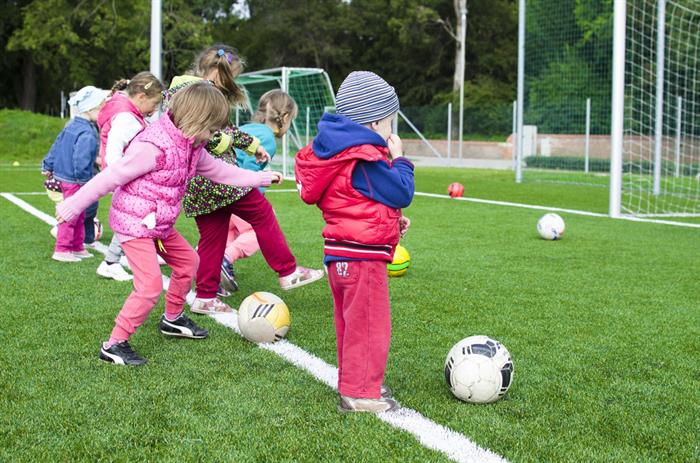Leo Totten |
July
17, 2018

Long Term Athletic Development (LTAD) Paraphrased: Coaches should be cognizant of the principles and train their athletes accordingly. Again, basics first – walk before you run.
Certifications are awesome! They certainly serve a purpose of continuing education and constant growth for professionals. However, it is one thing to know the material but can you actually teach it? Do you have the knowledge of the teaching methods to actually get the point across to the students? Bridging the gap between the academic and the practical is essential but doesn’t often happen, particularly in the more “academic” of certifications.
One of the problems that we in the U.S. face is the lack of coaching/teaching education. Everyone gets the knowledge to get the letters after their name, but it is difficult to find programs that actually show you how to break it down and teach it.
That being said, it is important to get back to the beginning. Where do we start? If you check out YouTube you will find the latest, greatest videos of what the best in the world are doing or should be doing. But do they really get to the basics of how to teach the concepts you see?
“…we are responsible for getting kids caught up with the basic skills that they have sorely missed in their upbringing."
For coaches, the concept of “walk before you run” is a pretty effective way to go. Teach the basics before trying to have your students do the more advanced stuff. In all fairness, the coaches are not all at fault for the need for immediate gratification that most of us are used to, and have the tendency to just skip right to the more advanced skills.
The problem goes back as early as training and educating our youth. How many elementary physical education classes have gone by the wayside? How often do you see sport coaches pushing their young athletes to compete year-round and specialize way too early? Heck, for that matter, how many times do you see kids sitting inside playing on their video games rather than being outside playing?
Having taught high school physical education and weight training for many years, it was frustrating to ask the kids to do a simple “power skip” down the gym for a dynamic warmup and a handful of the students didn’t know how to skip! Forget trying to do anything more advanced when they didn’t even know the basics.
Unfortunately, with our education system deleting physical education programs, these basic skills are not being taught. It is being left up to the “professionals” who are certified as coaches and trainers to catch up with skill development that should have been covered long ago. But, is your academic background preparing you to go out and teach what you are learning from those certifications? Can you “bridge the gap” between the knowledge and the practical application.
To paraphrase some of the concepts of LTAD (Long Term Athletic Development), coaches should be cognizant of the principles and train their athletes accordingly. (Again, basics first – walk before you run).
For example:
FUNdamental Stage: Males age 6-9 / Females age 6-8
- Basic overall sports skills leading to physical literacy
- Introduced through fun and games
- Developmental progression of fundamental movements and skills
- Fundamental locomotor movement
- Speed and agility
- Strength and power
- Endurance
- Balance and stability
- Body control
- Object control
Learning to Train Stage: Males age 9-12 / Females age 8-11
- Further develop all fundamental movement skills and teach general, overall sports skills.
- Further develop endurance, flexibility, speed and change of direction
- Develop strength with bodyweight exercises as well as medicine balls and swiss balls
- Structure competition to address differences in training age and ability
- Ratio of 70% training to 30% competition
- Still continue to encourage unstructured play
The reasoning behind showing this general information on the LTAD strategies is to let our certified professionals know that there is more to be done than just learning the science or the academics behind training. It is to reiterate to professionals in the field that we are responsible for getting kids caught up with the basic skills that they have sorely missed in their upbringing. And, even more importantly, getting our professionals caught up on the basic teaching skills that they have been missing in their educational “upbringing”.
Stay tuned for more detailed information in later blogs on some of the strategies to make these basic skills teachable.

Bio: Coach Leo Totten MS, USAW 5
He is a Senior International Weightlifting Coach (USAW 5), and has been named as one of 65 Most Influential Strength Coaches of All Time. Coach Totten has been inducted into the USA Weightlifting Hall of Fame, and is the Head Coach for the East Coast Gold Weightlifting Team, with 20 time National Team Champions. He is the owner of Totten Training Systems, LLC 2012-current, and Director of Strategic Outreach for Elite Sports University.